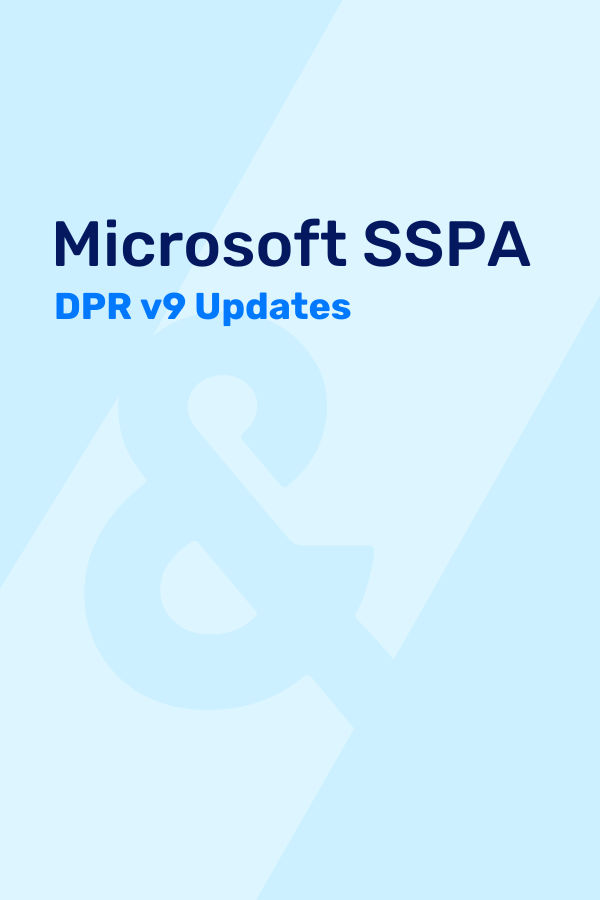Fraud within the procurement cycle—whether by a supplier, vendor, or company employee—can strike a harmful blow to any organization. From monetary losses to legal action and reputational damage, the effects can be severe and far reaching.
For instance, according to a recent Kroll Global Fraud Report, one in five organizations were victimized by vendor, supplier, or procurement fraud in 2015. Further, according to a recent University of Portsmouth study, today’s average organizational cost of fraud and error losses is 5.9 percent, the highest in nearly 20 years.
These experiences, accompanied by a number of recent, highly publicized cases of procurement fraud, may cause speculation that most errors are the result of fraudulent activity.
However, this perception is overstated. While high-profile fraud cases garner media and industry attention, the reality is that most invoice and payment errors are the result of inadvertent errors, such as:
- A misunderstanding of intricate contract terms
- An unintentional human error in manual billing processes
- Programming glitches
While it may be comforting to know that most invoice and payment errors are unintentional, many senior executives do not fully recognize the short- and long-term impacts. While less malicious, inadvertent errors are nonetheless costly and extremely common.
For instance, a recent Institute of Finance and Management report found that 3.6 percent of supplier invoices have errors. Considering that most organizations rely heavily on third parties to execute business objectives, the potential financial losses can be staggering—especially when errors go undetected for long periods of time.
Fortunately, an experienced, independent contract compliance auditor can pinpoint errors and their possible causes. Also, by objectively assessing internal systems and controls with both the organization and its suppliers, a third-party auditor can often identify opportunities for improvement, such as enhancements to internal controls that reduce future errors.
Ultimately, by recognizing the risk of both fraud and unintentional errors, then conducting contract compliance audits to identify and prevent them, senior executives can effectively improve business processes, transparency, and productivity, as well as produce substantial ROI.
If you’d like to speak with our contract compliance specialists about how audits can help your organization, please contact us here.





